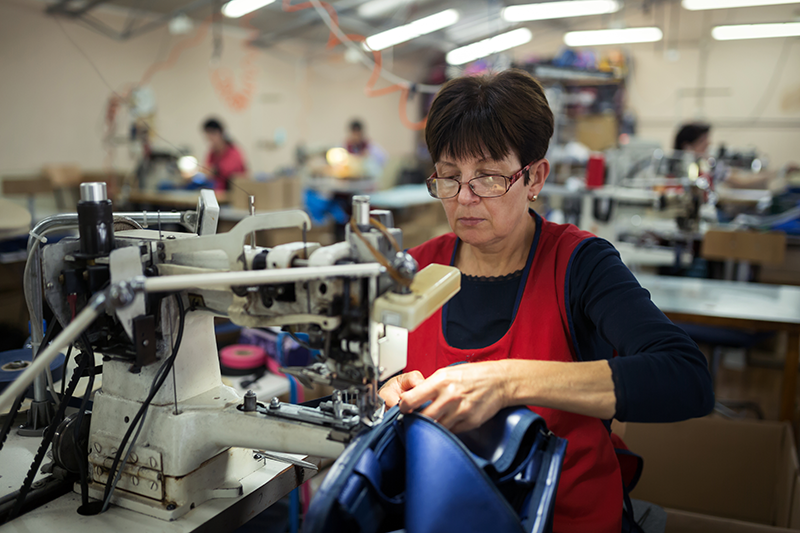EU context
Le travail d’Eurofound
En quarante ans, Eurofound s’est imposée en tant que centre d’expertise fondamental pour le suivi et l’analyse des tendances observées dans les relations industrielles. Cela englobe aussi l’établissement de liens entre les échelons européen et national du dialogue social. En s’appuyant sur les connaissances de son réseau de correspondants européens présents dans 28 États membres de l’UE et en Norvège, elle a analysé les évolutions dans tous les États membres ainsi qu’à l’échelle de l’UE.
Principales contributions
Eurofound a produit un ensemble d’analyses comparatives, d’articles et d’études de cas couvrant l’UE à 28 et la Norvège dans le domaine des relations industrielles, mais également des bases de données régulièrement actualisées sur des sujets connexes.
Une étude récente cartographie et examine les dimensions et indicateurs clés concernant les systèmes de relations industrielles en Europe au XXIe siècle. Un autre domaine de recherche étudie comment les partenaires sociaux de l’UE et de la Norvège ont exploré de nouveaux sujets, outils et approches innovantes afin de relever les nombreux défis nouveaux de nature tant politique que juridique ou sociale apparus au cours des dernières années.
La rémunération et le temps de travail restent des domaines suscitant un grand intérêt, et sont analysés chaque année. Un volet de la mise à jour récente relative à la rémunération se concentre sur les niveaux de rémunération minimaux légaux dans l’UE, tandis qu’un autre s’intéresse aux conventions collectives.
Depuis 2006, Eurofound mène des études sur la représentativité des organisations européennes de partenaires sociaux sectoriels, à la demande de la Commission européenne.
Ressources
Rapports sur l’évolution de la vie active
Eurofound fournit des données systématiques et comparables sur les systèmes nationaux de relations industrielles et l’évolution de la vie active grâce à des instruments de suivi et de communication des informations, en s’appuyant sur les contributions de son réseau de correspondants européens dans les 28 États membres de l’UE et en Norvège.






























